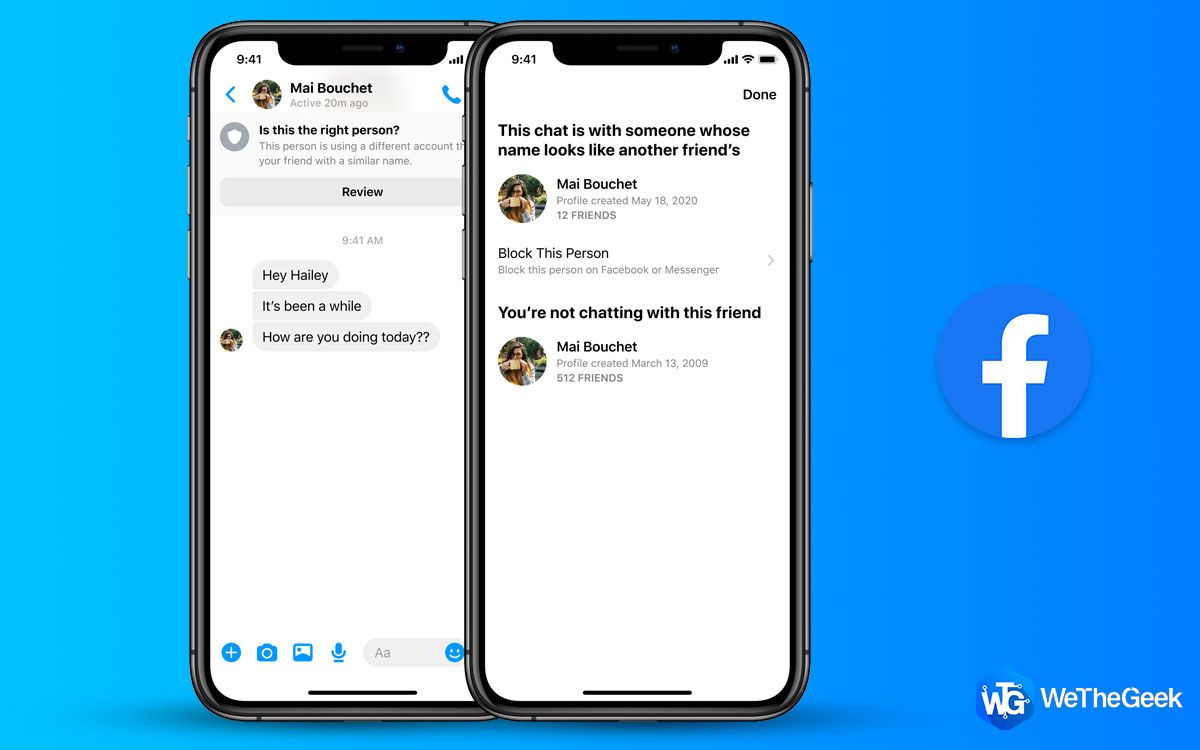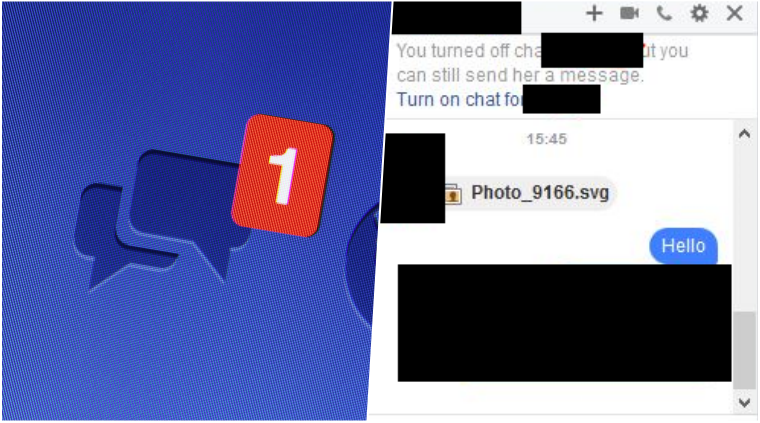
When Messenger detects that this might be happening, it will warn users that the person they are messaging might be pretending to be someone they know. Similarly, the app will also look for messages that come from accounts that may be trying to impersonate a Facebook friend. If you get hacked, you can reduce the risk for your friends by hiding your Facebook friends list.Messenger will employ the same type of warning to root out potential scammers, warning users to “be wary of claims about money” when they receive a message from someone they aren’t already friends with.
#Facebook messenger scams plus#
Report suspicious activity to Facebook. You can report scammers to Facebook to help protect your real friends and family from a scam, plus you can report impersonations.

Check your Friends list. If you've received a friend request from someone you think is already your friend, check your friends list to see if this could be a duplicate, fake account.Don’t share information like phone number or home address on social media accounts. Remove personal details from your profile.If your “friend” can’t give you straight answers, leave the conversation, block them and then change your Facebook settings as well as your password. Press for details. Ask strategic questions without giving any personal information to confirm you are actually talking to someone you know.If you can find a website, look for contact information, as no contact info is a red flag and a tell-tale sign of a scam. If you can’t find a website, it’s most likely a fake. Do some research. Go to BBB.org/scamtracker to see if the online website that is selling masks (or whatever product the friend is mentioning) is truly legitimate.Take a closer look before sharing, applying, or donating. Be wary of online messages. A person may be trustworthy in real life, but sometimes friends share things without checking them out first, and online accounts can be hacked.The second profile may be an imposter trying to access your data and your friends list.Īll of us on social media need to be careful about what we share online and review and revise, if necessary, the privacy settings on our accounts.
#Facebook messenger scams how to#
Do you know how to spot one?Īlways be skeptical of a second friend request from someone with whom you are already connected. Or, go the extra step and call, text, or email the friend to see if they really did send it to you.Ĭar scams: Flood-damaged cars about to flood the marketplace. Before you do anything check that the Facebook profile image is from who it says it is. The profile is publicly visible and copied by a cyber thief who then creates a new profile and is now sending out new friend requests to a bogus account that looks like it's your friend. But, if you’re not sure contact your friend of the charity directly.Ī third version is circulating where the “friend” believes their account has been hacked and asks you to friend them on a new request. Or is it? Many charities and their supporters are using Facebook for this purpose. The message appears to be coming from someone you know and trust.


They'll push for a donation and yet, it sounds suspicious. In another version, the “friend” claims to be raising money for a charity to support emergency personnel, a food bank or some other organization that has really been hit hard by the pandemic.

Protect your vehicle: Catalytic converter thefts have gone up by nearly 300%. Ask yourself, would your real friend pass along this type of information? In some cases, perhaps you want to take part in the offer and are ready to pay a processing fee and tax.


 0 kommentar(er)
0 kommentar(er)
